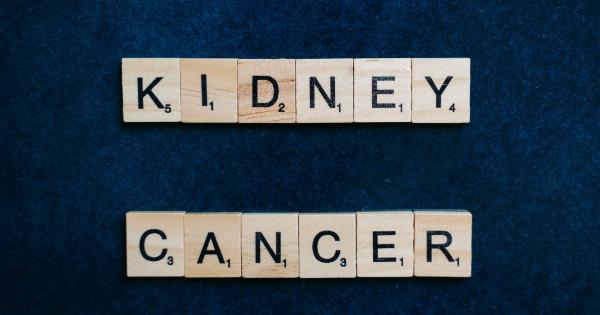In the realm of healthcare, where researchers and scientists tirelessly work towards finding solutions to diverse ailments, a ground-breaking technology has emerged with the potential to transform the treatment landscape.
With the advent of super intelligent nano-carriers, a new era of healing has dawned. These tiny marvels possess a remarkable ability to overcome biological barriers and offer hope, even in the face of daunting challenges like brain cancer.
The Power of Nano-Carriers
Nano-carriers, aptly named for their minuscule size, are engineered particles, often measuring less than 100 nanometers. At this scale, they exhibit unique physiological properties that make them ideal candidates for drug delivery.
Their small size enables them to navigate through the intricate biological barriers in the body, opening doors to reach previously inaccessible areas.
Operating at the nanoscale, these carriers can transport therapeutic payloads directly to the targeted cells, evading numerous impediments that hinder conventional treatments.
This revolutionary approach holds tremendous potential for combating a wide range of diseases, including those considered untreatable or extremely challenging.
Overcoming Biological Barriers
The human body is equipped with a complex system of defense mechanisms designed to protect itself. While these mechanisms are crucial for maintaining health, they entangle the treatment process, limiting the efficacy of drugs and therapies.
However, the exceptional capabilities of nano-carriers help them bypass these formidable barriers and achieve a higher level of precision.
One of the most significant barriers the nano-carriers triumph over is the blood-brain barrier (BBB). The BBB is a selective membrane that shields the brain from harmful substances but also blocks the passage of potentially lifesaving medications.
By exploiting innovative strategies, nano-carriers navigate through this barrier, allowing therapeutic agents to reach brain cells affected by cancer.
Bringing Hope to Brain Cancer Patients
Brain cancer, particularly its aggressive types like glioblastoma, has long been one of the most challenging forms of cancer to treat.
The intricate network of cells and the highly protective nature of the BBB make it exceedingly difficult for drugs to effectively penetrate and combat the disease.
However, nano-carriers have emerged as game-changers in the fight against brain cancer. Through their unique properties, these microscopic vehicles can cross the BBB, delivering drugs directly to cancerous cells in the brain.
This targeted therapy opens up new avenues for treatment, enhancing drug efficacy while minimizing side effects on healthy brain tissue.
Advantages and Applications
The advent of super intelligent nano-carriers offers several advantages over traditional treatment methods. Firstly, their small size allows for improved drug solubility, increased stability, and enhanced bioavailability.
Additionally, the carriers can encapsulate a wide array of therapeutic agents, including drugs, genes, and proteins, expanding their potential applications across various diseases.
Furthermore, these nano-carriers can be modified and surface-engineered to optimize their interactions with specific cells or tissues.
By attaching targeting ligands on their surface, nano-carriers can selectively bind to receptors expressed on the diseased cells, maximizing drug delivery to the intended location.
Unleashing the Potential of Nano-Carriers
Currently, researchers are exploring various avenues to harness the full potential of nano-carriers. The integration of artificial intelligence and machine learning into nano-carrier design has opened up new dimensions of exploration.
Super-intelligent nano-carriers are being developed with the ability to autonomously navigate the human body, precisely identify target sites, and adapt their behavior based on real-time data.
These advancements will unlock previously unimaginable treatments for an array of diseases.
The Future of Disease Treatment
The evolution of nano-carriers has spurred immense optimism among healthcare professionals and patients alike.
As research progresses and scientists delve deeper into the properties and capabilities of these nano-wonders, the future of disease treatment looks exceedingly promising.
Nano-carriers not only offer hope for more effective cancer treatments but also pave the way for breakthroughs in addressing other diseases such as Alzheimer’s, cardiovascular disorders, and drug-resistant infections.
With the convergence of nanotechnology, artificial intelligence, and medicine, a paradigm shift in healthcare is on the horizon.
























